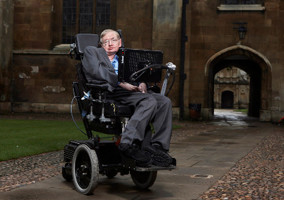Charity bodies have formed a steering group to create a digital code of practice to try to close the skills gap in the sector.
The steering group has been convened with representatives from NCVO, Acevo, the Small Charities Coalition, the Charity Finance Group, Tech Trust, SCVO, WCVA and Charity IT Leaders, as well as the Office for Civil Society and the Charity Commission. It will be chaired by independent digital consultant Zoe Amar.
The project is being funded by the Lloyds Banking Group and the Co-op Foundation. The Co-op Foundation is giving the Small Charities Coalition a grant of £7,000 to help it develop a version of the code that is suitable for smaller charities and to cover its costs of participating in steering group. Lloyds Banking Group would not disclose how much it had contributed to the project.
A consultation with the wider sector will launch in the summer and The Charity Digital Code of Practice is then expected to launch before the end of the year.
The code will include best practice guidelines and there will be different versions for larger and smaller charities.
Amar said the code would “bring much needed support for digital activity in charities”.
She added that: “The charity sector has recognised a need for digital improvement and is coming together to work on the solution. We’re all looking forward to developing the new code and seeing an increase in digital skills and practices to make the sector more digitally confident, efficient and sustainable.”
Charities lag behind
A number of studies over the years have suggested that the charity sector has struggled to adopt digital technology, with smaller charities more likely to lag behind.
One of the recommendations from the House of Lords Committee on Charities was that the sector needed to improve in this area and said each charity should have at least a basic website or social media page.
Last year the Lloyds Bank Business Digital Index found that 48 per cent of charities have basic digital skills, a slight drop on the previous year when it was 51 per cent.
It also found that biggest barrier to doing more online is that it is “not relevant to our charity”, with nearly a third of respondents giving this as the reason.
Last month Amar co-authored the second in annual benchmarking survey about charities’ digital skills, which found that there had been little improvement on the first year’s findings. This survey found that funding was the biggest barrier, with 58 per cent saying this was the case.
|
Related articles











